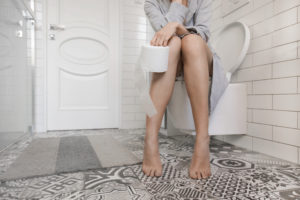
A fair estimate is that I have the urge to urinate roughly two or three times per cup of coffee. The need to urinate frequently is irritating and can also be a cause for concern. There is great potential, however, that your morning routine is the reason you always have to pee.
How many times you should pee per day can vary. Most suggest that 6–8 is normal, while that number can climb to 10 if you’re active and drink a lot of water. But if you’re drinking a lot of coffee or caffeinated beverages, you might get even higher.
Caffeine can boost the need and urgency to urinate in a couple of ways. One is that it’s a natural diuretic, helping to remove water from your system. The next is that caffeine can cause involuntary contractions by your bladder muscles to stimulate urination.
If you like your coffee strong or sip it for hours at a time, it’s likely making an influence on your bladder activity.
How do you know if your need to urinate is associated with coffee (or other caffeinated drinks like tea or soda) or something else?
By conducting a little experiment.
First, take notice of when you’re peeing. If you drink two cups of coffee each morning and repeatedly head to the bathroom, only to see frequency decrease throughout the day, it’s likely caffeine-related.
If all the bathroom time bothers you, try making your coffee a little weaker and drinking it more slowly.
When the need to urinate doesn’t slow down after these changes, you should talk to your doctor. There are several reasons you may frequently be urinating, including:
- Overactive Bladder (OAB)
- Urinary Tract Infection (UTI)
- Bladder stones
- Diabetes
- Obesity
- Pregnancy
- Menopause
- Prostate issues
- Interstitial cystitis